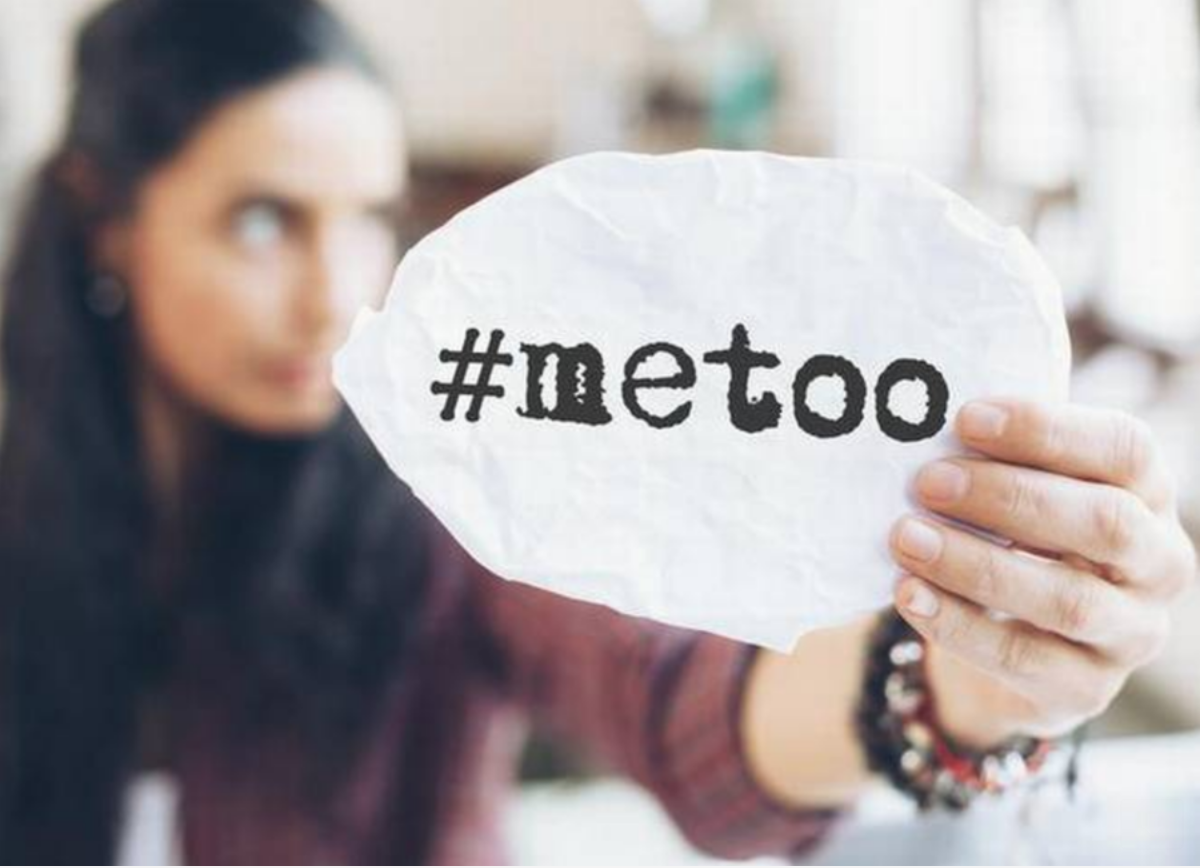“Me too… If all the women who have been sexually harassed or assaulted wrote ‘Me too’ as a status, we might give people a sense of the magnitude of the problem. Please copy/paste.”
Such was the message that has prompted millions of women to join in angry chorus to share – in safety – their experiences of sexual harassment or assault.
I’ve alluded before to my own experiences of sexual harassment in the workplace. And as an executive coach to senior women and women navigating parental leave, I am only too aware of the prevalence of both sexual harassment and discrimination in our workplaces, and the toll it takes both on women: from shame and lack of confidence, to mental health and of course the impact it has on their careers and long term financial independence and insecurity in retirement.
So how do we put an end to the experiences of #metoo?
#metoo needs an appropriate response from male leaders, for they are the ones with power, privilege and the opportunity to drive the cultural change we need.
Here are three ways male leadership can do that just:
1. They authorise the culture to speak up.
In an interview with John Bradley, Secretary Department Environment, Land, Water & Planning (DELWP), I shared with him that 1 in 2 women continue to perceive that they experienced pregnancy related discrimination in our workplaces, and asked him how DELWP employees ought to respond when confronted with bias and discrimination. While acknowledging that they are trying to create a cultural environment where that doesn’t occur in the first place, Secretary Bradley added:
“The biggest source of advice I can say is to go into that stage of your life with a plan, go into that stage of your life expecting that you are going to be bold and you’re going to speak up if you sense that kind of discrimination occurring and you’re going to call it out and give the organisation an opportunity to step up to the mark and support you when you do that. That’s the message that we’ve got to take on in our agency, that if people are brave enough to actually identify the challenges that occur…that we as an organisation are waiting for that opportunity to step in and provide the support…”
2. They intervene in a way that does not penalise, but supports your career
As a young lawyer, I was on the phone to my client, when the CEO of the organisation our client was selling their business to took the phone and sexually propositioned me with a detailed description of his desires. It was a high profile transaction, and I loved the work, so hadn’t been going to jeopardise my involvement in the matter by speaking up.
But after my client raised it during a conference call, I had little choice but to share what had happened. The response however from the supervising partner was awesome. Not only did he advise me of my rights and his responsibilities, he set out the pros and cons of a number of options to ensure that I could continue to act on the matter and acknowledging my experiences. We agreed on his proposal that he would attend at every meeting this predator would be in attendance.
Let’s just say that when he advised the meeting that he was there as an observer only, I no longer feared that predator!
3. They listen to understand, not to respond. And in doing so remind us that #metoo is #notallmen
Listening to others’ experiences of sex discrimination and harassment is uncomfortable, and I’ve heard many managers and leaders immediately try to down play the experience being shared, defend the person in question (he’s going through a divorce was one such excuse!), or shame the individual sharing her experience.
Good male leaders do not need daughters to hear and acknowledge the experiences of women, for they know their role is not to protect, provide and save female colleagues. Rather, it is to acknowledge and respect women as their equals, and use their privilege and power to advocate for change in response to what they have heard.
#metoo is a powerful tool in advocating for gender equality, but as Julie McKay, former CEO of UN Women and now Partner responsible for Diversity & Inclusion at PwC put it:
“Male leaders who set the rules and stereotypes are the new focus in the battle for gender equality at work.”




